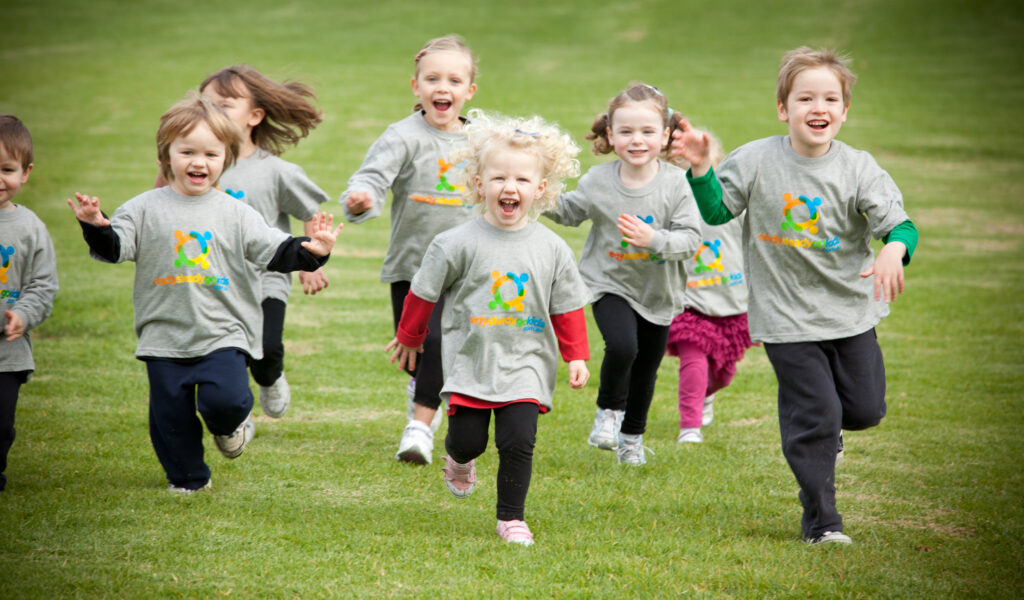Youthful Sports Activity Can Be Advantageous for Heart Health and Lung Function
regular exercise is a long-term health pursuit. But you’d likely be astonished to learn that even a single instance of physical activity provides immediate safeguards against heart disease!
The scientific term is “ischemic preconditioning”: essentially, each exercise session trains your heart and arteries to function more effectively in daily life. That implies that every bike ride, run, jump, skip, and swim trains your body to operate at full capacity throughout the day. Given that the majority of heart disease is due to heart muscle or artery malfunction, it makes sense to undertake this preconditioning as early and as frequently as possible!
The thinking is somewhat analogous with the lungs. Cardio activity naturally compels you to master breath control and also exercises the lungs. Increased activity causes your lungs to exert more effort, in order to bring in more oxygen and expel more carbon dioxide. In the same manner that physical activity trains your heart, it also enhances your lung capacity in the long term.

Taking up sports at a tender age offers kids an outlet for their excessive energy. But it also works out their growing physiques to guarantee they develop into joyful, healthy adults in the years to come.
Youth sports can have a host of positive health implications – like improved circulation, muscle growth, and stronger bone building. Team sports also get kids out of the house and away from the electronic devices that reign over all of our lives nowadays.
Sports Activity Is Able to Enhance Blood Circulation
If exercise is beneficial for working out the heart, then it stands to reason that it is beneficial for the rest of the heart’s system as well. The circulatory system pumps oxygen and nutrients throughout your body, through arteries, veins, and capillaries. And it also relishes a bit of cardio activity!
Regular exercise assists in keeping your circulatory system flowing smoothly and unobstructed. Given that most heart diseases, blood pressure problems, and strokes are caused by poor circulation or clogged arteries, any strengthening is helpful! Similar to preconditioning, any amount of exercise is beneficial. But continuous, regular physical activity compounds those effects in the long run. Increased blood flow also aids in heat regulation, and can even accelerate the healing times of wounds and illnesses!
Considering what we know about the effects of exercise on the circulatory system, it makes sense to train it as early as feasible. Participation in youth sports can establish life habits that help achieve the maximum potential of these health benefits.
Establishing Healthy Long-Term Habits via Youth Sports
There are all kinds of other health benefits that come along with taking part in youth sports. Sports aid in the development of motor skills and cognitive thinking, both of which are equally important in the classroom as on the field.
Sports is also excellent for social health, as it nurtures friendship and community, and combats depression and anxiety. All of these are crucial for your child’s development. Initiating kids in sports at a young age is an excellent approach to introducing healthy habits that can persist into their adult years.
Fortifies Muscles and Bones
Regular exercise, especially in youth (when bones are still developing), fortifies your skeleton. Participation in youth sports has long-term positive impacts as the exercise causes the bone to adapt, building more bone and becoming denser. The more resilient you make your bones in your early years, the less density you’ll lose later in life.
The same applies to muscles! With both bones and muscles, it’s “use it or you’ll lose it.” While muscle mass is easier to build later in life than bone density, exercise in youth has an additional function. Your muscles are what hold the body together and guide you through life. A supple, powerful muscle system ensures your kids develop healthily and helps prevent injury! Strong muscles and bones also enhance balance and coordination.

